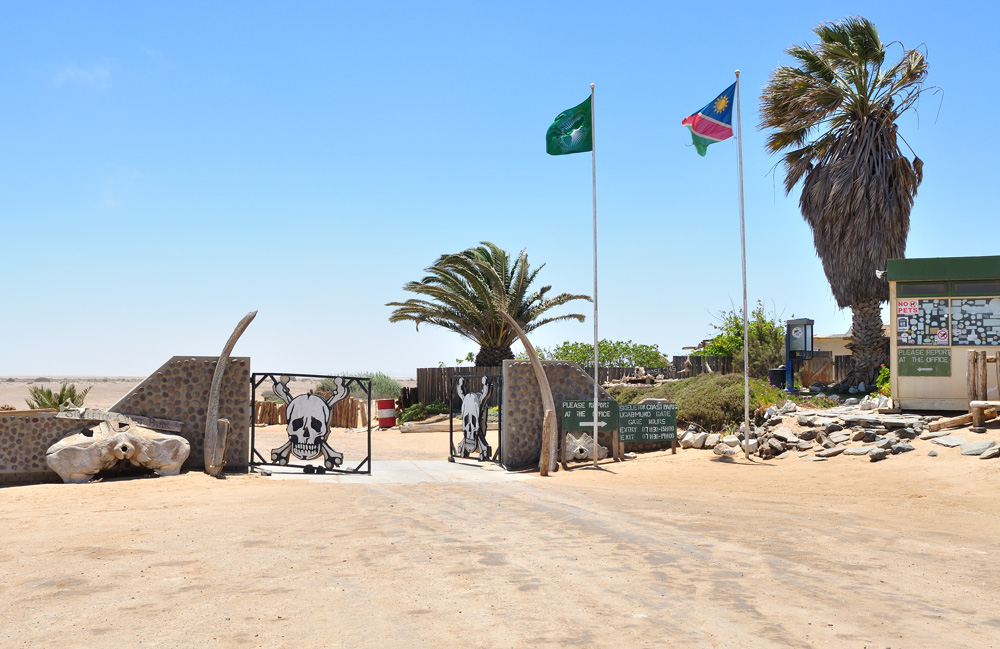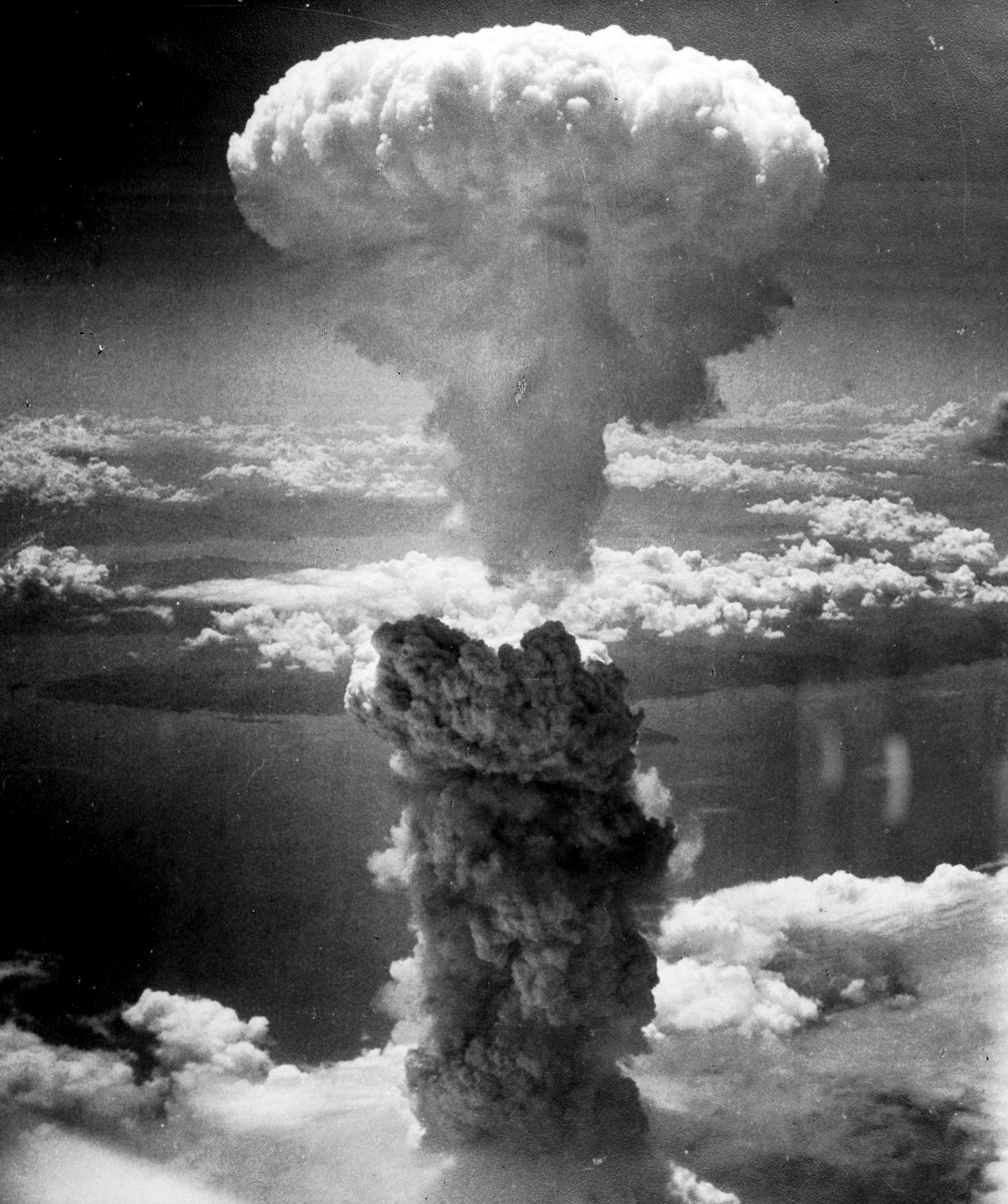"War, Peace and the Function of the Socialist Countries" is a
small book published by Scientific, Cultural and Political Editions, an arm of
the Posadist international organization. It contains a selection of articles by
Juan Posadas on the threat of nuclear war. Except, of course, that J Posadas
didn't see nuclear war as much of a threat. This guy literally wanted the
Russians to push the button!
The Posadists were originally a pretty regular left-wing current (give or take
a few ideas), which supported workers' and peasants' struggles in Latin
America. Or so they claim. They were involved in the MR-13 guerillas in
Guatemala, embezzling most of that organization's money. The guerrilla
subsequently had the Posadistas expelled.
Around 1968, Posadas and his dwindling band of followers definitely went
mustang. In a rambling speech in France, Posadas declared his belief in UFOs
and aliens, claiming that these beings, described as "two metres tall,
fair haired and with transparent clothes", must be socialists from other
star systems. He hoped that the aliens might land and help us overcome our
present problems. Naturally, this socialist ufology made the Posadists the
laughing stock of the entire left. (In fact, the rest of the speech is even
more bizarre. See Matt Salusbury's article on Juan R. Posadas at the website of
Fortean Times.)
The Posadists soon became notorious for another idea as well, and this time
their opponents weren't amused. Posadas believed that a nuclear war was inevitable,
that it would lead to socialism, and that China or the USSR should therefore
launch a pre-emptive nuclear strike to speed up the world revolution. The
Soviets actually started to mention Juan Posadas in their propaganda, as a
particularly egregious example of a "Trotskyist" and enemy of peace.
At least according to rumour, Posadas had sent a telegram to Soviet leader
Brezhnev, calling on him to nuke the United States ASAP. According to
Salusbury's previously mentioned article, Posadas had toyed with ideas such as
these already during his pre-UFO period.
Which finally brings me to the present publication under review. "War,
Peace and the Function of the Socialist Countries" contains articles by
Posadas written in 1978-81. On one point they will disappoint the reader.
There's no explicit call on Moscow to launch World War III. Rather, Posadas
puts all the blame for the future war on the Western powers. However, he claims
that the Soviet bloc is militarily stronger, and will retaliate by launching nuclear
war heads against Western Europe. Posadas even believes that the Russians are
stashing nuclear weapons onboard the Soyuz space station, and that these can
wipe out the United States within minutes. It's not clear how anyone is going
to survive a nuclear war, but Posadas is confident that although hundreds of
millions of people will be killed and large parts of the technological
apparatus destroyed, human "intelligence" will remain and no
scientific gain lost, making it possible to swiftly rebuild everything again,
and usher in world socialism on an even higher level than capitalism. Of
course, the aliens could help, too, but they are not mentioned in this book.
(It just struck me how similar this is to doomsday scenarios of certain
religious cults!)
There are many other delusional claims in this pamphlet. The Polish workers are
hailed for their "Bolshevik-Soviet" behaviour. This was written
during the high tide of Solidarnosc! Posadas died in 1981, and hence didn't get
the opportunity to comment on Jaruzelski's state of emergency. It's possible
that he actually supported a negotiated settlement between the regime and
Solidarnosc - his statements are unclear on this point.
Further, Posadas believes that Carter was much stronger than Reagan. Above all,
he believes that the Soviet Union is much stronger than the United States (in
1981!). The masses all over the world support the Soviet Union, and a Soviet
military conquest of the West will therefore be very swift. The Russians
already have the support of about half of all soldiers in the NATO armies, and
even much of the military high command is going to defect once the Soviet Armed
Forces start moving. Germany and France will be the first to turn coat.
Apparently, even Thatcher's Britain is on the verge of breaking with the
"Yanks". (It's unclear how all this is connected to the previously
mentioned nuclear war.)
It's obvious from the pamphlet that Posadas, despite claiming to be a
Trotskyist, actually supported the Soviet Union. Naturally, he couldn't support
Stalin, but he somehow wanted to believe that "Stalinism" ended when
Stalin died. Khrushchev (whose name the editors consistently misspell) was
somewhat better, and Brezhnev is apparently the best of them all. At times,
Posadas' pro-Soviet attitude becomes truly demented, as when he exclaims that
there are no murders or violent crimes in the Soviet Union, whereas in the
United States, even presidents are assassinated. (Well, perhaps there *are*
fewer random murders in police states? I mean, who wants to end up in Siberia?)
This man strikes me as a kind of parody on Soviet propaganda.
Otherwise, I was struck by his strong determinism and fatalism. World history
inexorably marches on, and there is nothing anyone can do about it. This strong
determinism also strikes me as parody (or perhaps caricature) of dogmatic
Soviet Marxism. Otherwise, I always get the impression when reading Posadas
that he doesn't really believe in "the revolutionary role of the working
class", but rather looks to scientists, engineers, technocrats and perhaps
bureaucrats to change the system and save humanity. Yet, he has no real
conception of how difficult and protracted societal changes can be. Posadas
seems to think that places such as North Korea, Angola or Ethiopia went from literally
nothing to advanced socialism overnight, and is honestly impressed by this
fact. Small wonder he assumes that humanity can rise, as a phoenix, from the
ashes of a nuclear conflagration.
"War, Peace and the Function of the Socialist Countries" isn't the
most graceful read around, but its somewhat more well-written and somewhat less
rambling than many other texts by this curious author, and for that reason I
give it three stars.

.jpg/440px-National_Assembly_Building_(19898889148).jpg)
.jpg)


